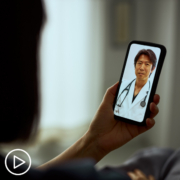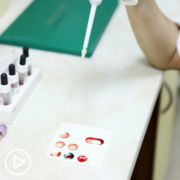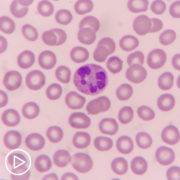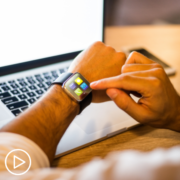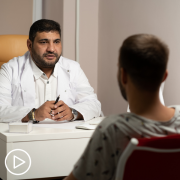How to Access Financial Support for MPN Patients
How to Access Financial Support for MPN Patients from Patient Empowerment Network on Vimeo.
Is there financial help for patients living with ET, PV, and myelofibrosis? MPN specialist Dr. Joseph Scandura shares advice and resources to ease the financial burden of care and treatment.
Dr. Joseph Scandura is Associate Professor of Medicine and Scientific Director of the Silver MPN Center at Weill Cornell Medicine. Learn more about Dr. Scandura, here.
Related Programs:

|

|

How Should You Participate in MPN Care and Treatment Decisions |
Transcript:
Katherine:
We’d be remiss if we didn’t bring up financial concerns, treatment and regular appointments can really become quite expensive. Understanding that everyone’s situation is different, of course, where can patients turn if they need resources for financial support?
Dr. Scandura:
Yeah. It depends on what the issue is. So, one of the biggest areas that I found this can interfere with care is when we have copays that are really not reasonable and not affordable. And so, how do we fix that? How do we get access to an agent that might be beneficial for a patient but that – you know, and the insurance has approved it, but they’ve approved it with such a high copay that it’s just not an option anymore.
And so, there are foundations. The PAN Foundation, we often will reach out to for copay assistance. And, actually, many companies have copay assistance programs for their individual drugs. And so, we have some of our nurses who are quite good at navigating these different agencies, and some of them are kind of drug-specific.
And because we see a lot of patients with MPNs and the number of drugs is not that great, we’re pretty tapped into what are the options for copay assistance that might be helpful. And it often works. It doesn’t always work. I had a patient I saw pretty routinely, and I kind of like my certain group of labs that kind of make me feel like I have a good sense of what’s going on. But he was getting killed with the lab costs. And he mentioned this to me, and then I have to do what I tell my – I have three teenage daughters, right? And, when they were littler – smaller, younger, we spent a lot of time distinguishing needs from wants, right?
So, this was one of those instances. What laboratory do I need to make sure that this patient is safe? What do I want because it makes me feel like I have a better idea of what’s going on? And maybe I can back off on those wants if I’m seeing the patient pretty frequently, which I happen to be at that time. And so, some of that is a conversation.
And it depends on the specifics of the insurance and a little bit of back and forth and knowing how to kind of minimize that financial burden when that’s starting to compromise care.








